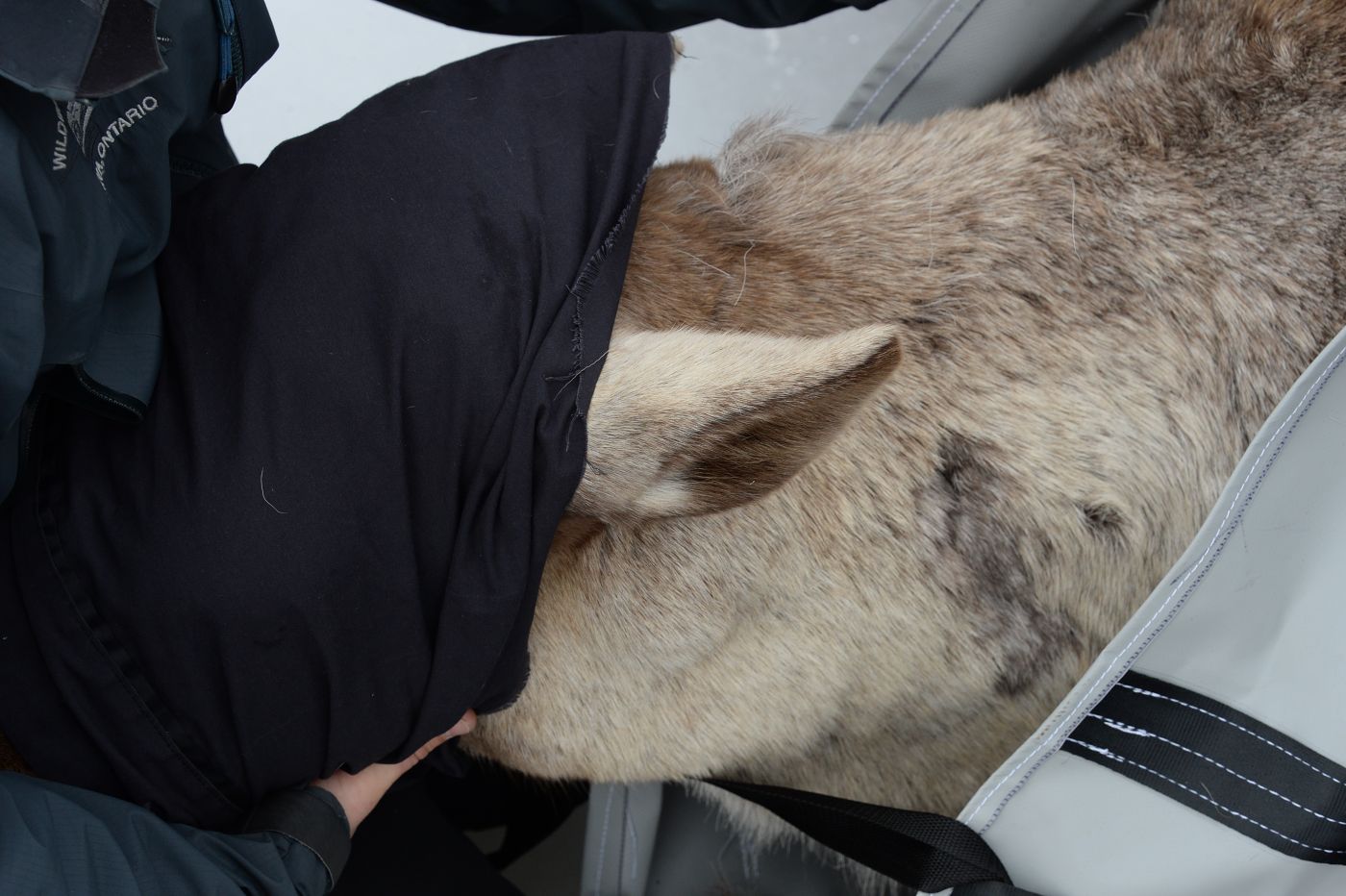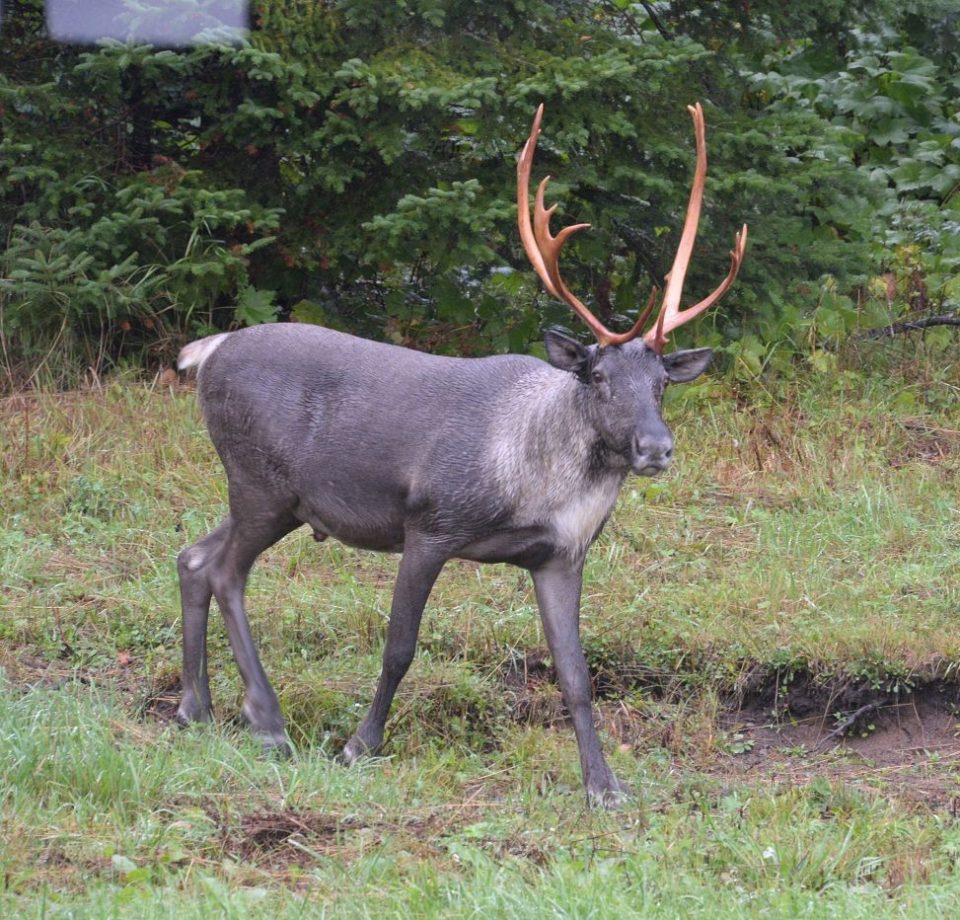Caribou Corner #2: Recent Status of the Lake Superior Caribou
In the 1800s, caribou were on the mainland all around Lake Superior and on all the off shore islands. But now there are only a few left along the North Shore and on the Slate Islands and Caribou Island.
On the mainland, the decline in caribou has been steady and relentless. Most recently, caribou were lost from Pukaskwa National Park in the early 2010s. There are now likely fewer than 10 mainland caribou left. They are scattered along the shore between Marathon and Schreiber.
On the islands, there has been a recent and drastic decline in caribou. In 2014, an unusually cold winter caused most of Lake Superior to freeze. Wolves reached both the Slate Islands and Michipicoten Island. By 2018, two wolves had eliminated all but two male caribou on the Slates, from a population of probably 100 to 200. This is called functional extirpation because the remaining two caribou could not reproduce to rebuild the population. Wolves also reached Michipicoten Island in 2014. The initial three or four wolves increased to close to 20 and completely eliminated the roughly 900 to 1,000 caribou by 2018. This catastrophic loss of over 1,000 caribou from these two islands, in just four years, amounted to one-fifth of all the woodland caribou in Ontario.
Fortunately, a handful of the last caribou on Michipicoten Island were rescued in early 2018. Nine were captured by net-gun and flown to the Slate Islands to restart that population with the two already there. Six were flown to Caribou Island to provide a backup population in case wolves got out to the Slates again. As of this past spring there were an estimated 30 caribou on the Slate Islands and around 15 on Caribou Island. That’s not very many, but at least they are increasing.
The situation on the mainland is not at all encouraging. The few caribou left along the North Shore are likely in the situation where they are not finding mates, finding mates too late, or mating with close relatives. With lower reproductive success and no immigration, even low mortality will eliminate this population quickly. They may not last this winter. Unlike the island caribou in 2018, no rescue of the mainland caribou is being planned.
Why should we try to keep the Lake Superior mainland caribou around?
The mainland caribou are extremely important for their genetics. They are the last of their kind exposed to the human development and predation on the mainland. They have persisted where all others have perished. They therefore have the best genetics for surviving in this area. They would therefore provide the best stock for future restorations of caribou in the Lake Superior area.

More broadly, the loss of the Lake Superior mainland caribou is part of the sixth mass extinction playing out on Earth right now. This extinction event is predicted to eliminate caribou and polar bears and many other northern species – through no fault of their own. Caribou are already gone from half of their historical range in Ontario. So, loss of biodiversity is not just something occurring in the Amazon or Africa, it is happening right here in northern Ontario right now. Conserving the Lake Superior mainland caribou would be at least one step in turning that around.
In summary: There are about 50 to 60 caribou left in the northeast part of Lake Superior. Unfortunately the last few living on the mainland are about to be lost on our watch.
Coming up next: The history of the Lake Superior caribou and why there are so few left.
If you would like to know more about the Lake Superior caribou and how to save the last of the mainland caribou there, see www.lakesuperiorcaribou.ca. Your caribou stories and sightings are also welcome.






